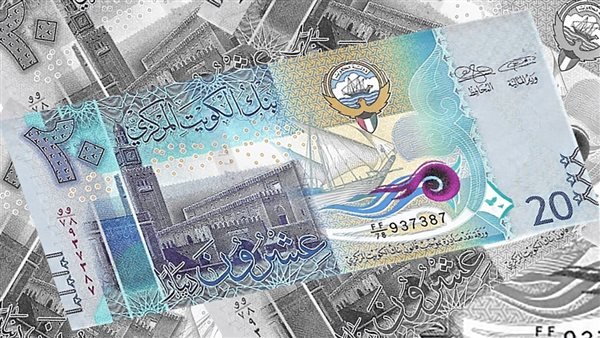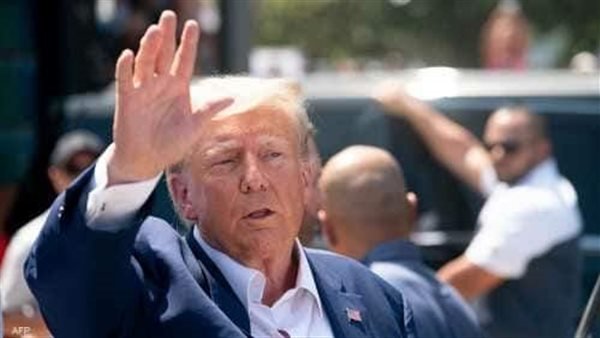
I wonder how the Egyptian state succeeded in building an economy capable of facing crises, and how it achieved the difficult equation in very few years, and what is the evidence of that? We will tell you all the details in this video, so follow us until the end.
In recent years, the Egyptian economy has been exposed to increasing pressures and successive shocks, both from within and without, but the decisions and actions taken by the Egyptian state in this period were clearly supportive of the economy, and with them the economy became able to confront these shocks and pass through the crises, most of which were global. Indeed, we have been able to build a strong economy capable of facing challenges.
That is why President Abdel Fattah El-Sisi always issues specific and clear directives to officials, which focus on building a strong economy that can face challenges and any emergencies or exceptional circumstances that Egypt may be exposed to, and we can say that these directives aim to restructure and build the Egyptian economy.
Indeed, Egypt was able to face the challenges of the Covid-19 virus in the year 2020, with the support of the availability of cash reserves of foreign currencies, and implemented the economic reform program, and after that, in less than two years, came Russia’s war on Ukraine in February 2022, then the events of Sudan, and a year later. Half a year, specifically in October 2023, Israel’s war on Gaza took place, in addition to the escalating events in the Red Sea, which all affected the economy of the entire Middle East.
However, Egypt implemented economic reforms, and on March 14, 2016, the Central Bank liberalized the exchange rate of the Egyptian pound against foreign currencies, which resulted in raising interest rates on deposits and lending in order to limit the effects of inflation, and the dollar continued its upward journey against the pound until it reached its peak. In September 2016, its price in the parallel market reached 20 pounds, at a time when it was being sold in banks for 8.85 pounds, and here the round had to continue. Implementing economic reforms, which is why the Central Bank of Egypt decided to liberalize the exchange rate of the Egyptian pound against foreign currencies on November 3, 2016, which represented a lifeline for the Egyptian pound, and preserved and increased the cash reserve of foreign currencies.
Also, this decision contributed greatly to eliminating the black market for the dollar and reducing pressure on the foreign currency, and coinciding with this decision was the start of the implementation of the economic reform program, which contributed to reducing Egyptian imports from abroad by a value exceeding 120 billion dollars, in addition to increasing foreign exchange flows, which exceeded 200 billion dollars.
That is why the Egyptian state implemented a number of measures with the aim of controlling the exchange market, and during the last months of 2022, the Egyptian government made an agreement with the International Monetary Fund to implement the economic reform program, and this agreement includes structural reforms to the Egyptian economy, and following a flexible exchange rate governed by supply. And demand, in addition to tightening monetary policy, encouraging the private sector, improving the business environment, increasing social protection programs, reducing domestic debt, and accelerating the government proposal program.
These words have already been translated into reality, and Egypt has succeeded in implementing the Ras al-Hikma deal, which is the largest deal ever implemented with direct foreign investments exceeding $35 billion. It has created a major boom in local markets, and liquidity in foreign currencies, whether the dollar or other, has become available in banks. And exchange companies, in fact, have largely eliminated the black market for currency, especially after the official market price was the same as the price on the black market.
In addition to all this, net foreign direct investment flows in Egypt have developed significantly and noticeably over the past years, and recorded about $10 billion during the fiscal year 2022/2023, with an increase of 12.4%, compared to $8.9 billion during the fiscal year 2022. / 2021
In the fiscal year 2016/2017, it was at levels of $7.9 billion, but in the year 2017/2018 it recorded $7.7 billion, while in the year 2018/2019 it recorded $8.2 billion, according to data from the Central Bank of Egypt.
According to Central Bank data, the volume of foreign direct investment flows in Egypt reached about 7.5 billion dollars in the fiscal year 2019/2020, then decreased to 5.2 billion dollars in the fiscal year 2020/2021, and then increased again during the fiscal year 2021/2022, to reach… For $8.9 billion, then $10 billion in the fiscal year 2022/2023.
Regarding attracting foreign investments, the Egyptian government took a set of decisions that attracted foreign direct investments and stimulated the investment climate, such as reducing the cost of establishing companies, reducing restrictions imposed on establishment and facilitating land ownership, expanding the issuance of the golden license, facilitating the import of production requirements, and reducing burdens. Financial and tax on investors, and stimulating domestic and foreign investment.
One of the most important decisions of the government to support investment is the approval of a draft decision to study amending some articles of the executive regulations of the Investment Law to allow licensing for industrial projects based on natural gas as one of the production inputs, so that they operate under the free zone system. The government also set a time frame of 10 days for establishment approvals, and the establishment of an electronic platform. To establish, operate and liquidate projects in a way that reduces bureaucratic barriers and simplifies procedures.
Also, among the measures taken by the state to stimulate the attraction of direct investments is the expansion of the issuance of the golden license, and not limiting it to companies that establish strategic or national projects only. Articles No. 40, 41 and 42 of the golden license were also amended to ensure that it may be granted to companies established before The Investment Law of 2017, and the approval to make amendments to some legal articles that grant preferential treatment to companies and state-owned entities, and of course all of this contributed to strengthening neutrality. Competitiveness in the Egyptian market and macroeconomic revival.



